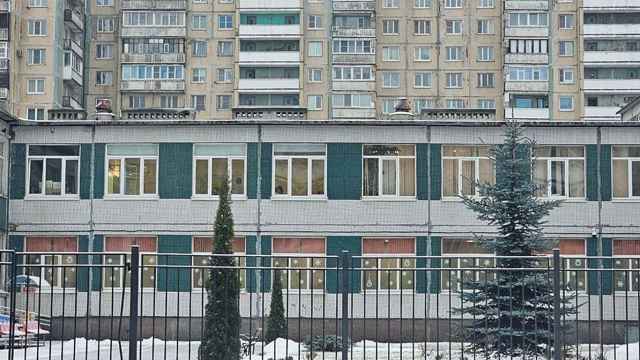Health workers in the city of Ufa have declared a hunger strike to protest their low wages, state-run news agency TASS reported Tuesday.
Andrei Konoval, a spokesman for the Interregional Union of Health Workers, said in comments to TASS that six health workers were participating in the protest. Another individual had wanted to participate, but was excluded due to health concerns.
"The protest includes a doctor, a paramedic, a nurse, a cardiology nurse, and two anesthesiology nurses," Konoval was cited as saying by TASS. "They all will continue to fulfill their duties during working hours," he said.
The protest aims to pressure local and regional authorities to increase wages for health workers, which they claim are too low.
The relevant authorities, meanwhile, maintain that their earnings are standard.
The head doctor at the medical station where the strike is being staged, Marat Ziganshin, said the average salaries earned by health workers had increased slightly as a result of an earlier protest in July.
During the first seven months of the year, Ufa doctors earned an average of 34,000 rubles ($916) a month, while mid-level health workers such as nurses earned 23,430 rubles on average and low-level workers, like paramedics, averaged 11,651 rubles monthly.
Following July's protest, he said, doctors received an average of 38,561 rubles ($925) a month, while mid-level health workers got 26,577 rubles on average and low-level workers averaged 14,328 rubles.
Ziganshin said in comments to TASS that the workers' complaints of low wages failed to correspond with reality, and expressed concern about the impact the hunger strike would have on health services in the city, telling the news agency that the quality of services likely would suffer when "[the workers] go out on a 24-hour shift after starving for a day."
Contact the authors at [email protected]
A Message from The Moscow Times:
Dear readers,
We are facing unprecedented challenges. Russia's Prosecutor General's Office has designated The Moscow Times as an "undesirable" organization, criminalizing our work and putting our staff at risk of prosecution. This follows our earlier unjust labeling as a "foreign agent."
These actions are direct attempts to silence independent journalism in Russia. The authorities claim our work "discredits the decisions of the Russian leadership." We see things differently: we strive to provide accurate, unbiased reporting on Russia.
We, the journalists of The Moscow Times, refuse to be silenced. But to continue our work, we need your help.
Your support, no matter how small, makes a world of difference. If you can, please support us monthly starting from just $2. It's quick to set up, and every contribution makes a significant impact.
By supporting The Moscow Times, you're defending open, independent journalism in the face of repression. Thank you for standing with us.
Remind me later.





